
We are always interested in slang at Jot especially specialised slang, like school slang. Lists can often be found in the appendixes of school histories. Winchester College has probably produced the most slang (there are books). Roedean does quite well but some of the slang is (or was) fairly widespread in British schools, and beyond — e.g. ‘bog’ and ‘MYOB’.
These were found in Memories of Roedean – The First 100 Years by Judy Moore (1998) -copies freely available for less than £10 at Abe, Amazon etc., Many thanks indeed…
Appendix A – School Slang and Sayings.
Aunt – lavatory
Backs and feet – medical examination
BB – bust bodice (later used to mean bra)
Bilge – biology
Bish – faux pas
Bobbing – saying goodnight and shaking hands with the prefect or member of staff on duty
Bog – lavatory (from the 70s)
Boiled babie’s arm – roly-poly
Boot hole – cloakroom
BUFF – best friends forever
Bugs and fleas – medical examination
Bunny run – covered passage connecting different parts of the school
Cardboards – Lisle stockings
Carthaginian brick – a peculiarly hard pudding chitchat – informal meeting of prefects or sub prefects with housemistress to discuss days events
Chucked – banished from a ‘set’
Cockroaches – area underfloor by Bunny run
Continental shelf – where girls sunbathe or watched matches
Crows nest – front room of Heaven
Cubic – cubicle
Dead babies arm – roly-poly
Ears and eyes – medical examination
Festooned hair – hair falling over the face
Fic – fiction library
Forties – lessons (40 minutes)
frogspawn – tapioca pudding
Ganges river muck – caramel pudding
Garbage pudding – pudding made from leftovers
GDR – girls drawing room
Going up the house – blushing

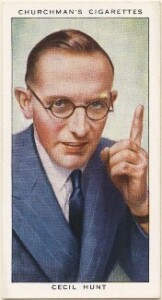 Cecil Hunt ( 1902 – 54) was a journalist, editor, novelist and anthologist best known throughout the English-speaking world for his compendiums of schoolboy ‘ howlers’. His first collection appeared in 1928 and proved to be a best-seller. At various times afterwards he produced other anthologies of howlers as well as guides to journalism, which he had studied at King’s College, London, and creative writing, books on the origins of words and a collection of unintentionally funny letters. He also wrote novels under two pseudonyms ( Robert Payne and John Devon). Interestingly, Hunt was President of the London Writers’ Circle and was instrumental in establishing Swanwick Writers’ Summer School. He died at just 51, but ironically his wife lived to be 107.
Cecil Hunt ( 1902 – 54) was a journalist, editor, novelist and anthologist best known throughout the English-speaking world for his compendiums of schoolboy ‘ howlers’. His first collection appeared in 1928 and proved to be a best-seller. At various times afterwards he produced other anthologies of howlers as well as guides to journalism, which he had studied at King’s College, London, and creative writing, books on the origins of words and a collection of unintentionally funny letters. He also wrote novels under two pseudonyms ( Robert Payne and John Devon). Interestingly, Hunt was President of the London Writers’ Circle and was instrumental in establishing Swanwick Writers’ Summer School. He died at just 51, but ironically his wife lived to be 107.

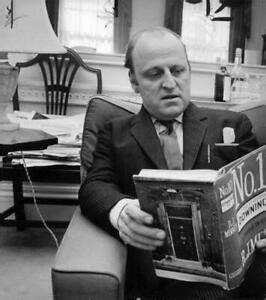
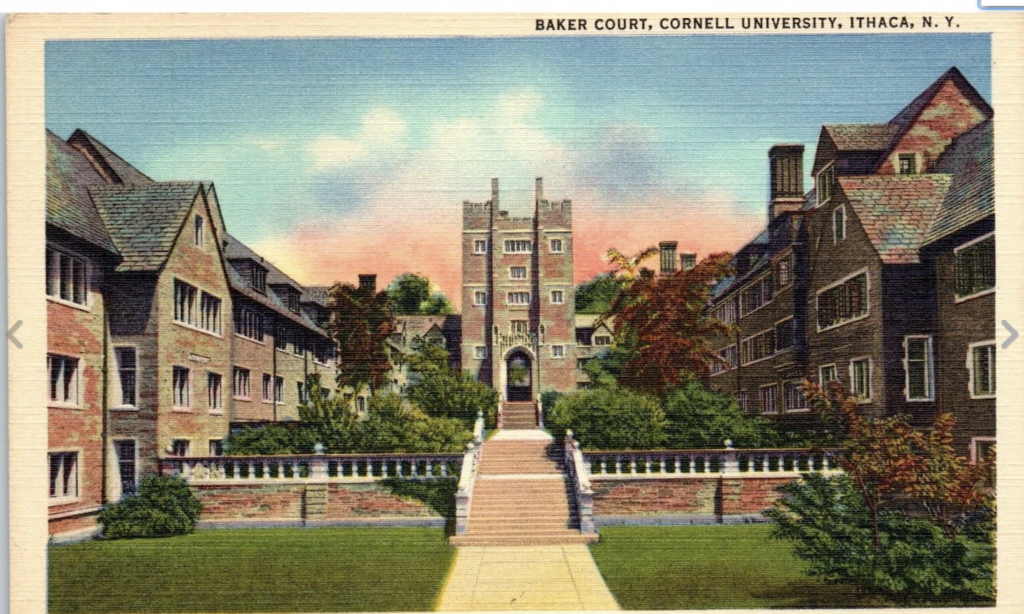
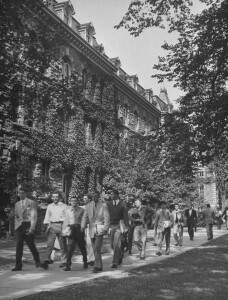
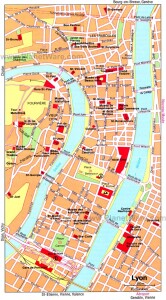
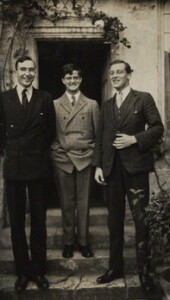

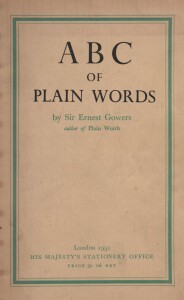 When some BBC journalists don’t know the difference between reticent and reluctant, and use the word enormity to mean an enormous event, popular grammarians, such as Liz Truss or Ernest Gowers, who was her equivalent in the 1950s, are needed more than ever. That’s if these pisspoor journalists can be bothered to read their books.
When some BBC journalists don’t know the difference between reticent and reluctant, and use the word enormity to mean an enormous event, popular grammarians, such as Liz Truss or Ernest Gowers, who was her equivalent in the 1950s, are needed more than ever. That’s if these pisspoor journalists can be bothered to read their books.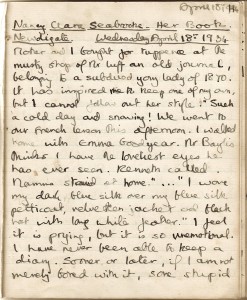
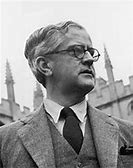
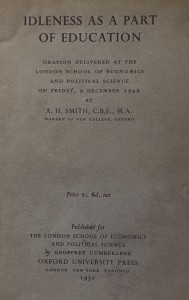 delivered at the London School of Economics in December 1949 by A.H. Smith, the warden of new College Oxford.
delivered at the London School of Economics in December 1949 by A.H. Smith, the warden of new College Oxford. 
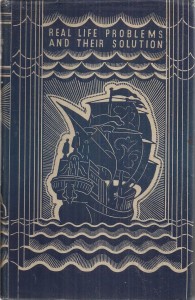
 The removal of the British Library from Bloomsbury to St Pancras seems to have ushered in a new, more relaxed, attitude towards the rules governing who can acquire a reader’s card, according to a Guardian article of 2005. In it the Reading Room is described as being crowded with undergraduates, anxious, no doubt, to obtain an advantage over their peers. Under the rules prevailing in 1938, and which are contained in a Guide to the Use of the Reading Room, a copy of which we found recently in a box of ephemera, restrictions which perhaps Karl Marx might have recognised, were doubtless drawn up to limit the number of readers using the famous Rotunda. There is a distinctly schoolmasterly tone to the following advice:
The removal of the British Library from Bloomsbury to St Pancras seems to have ushered in a new, more relaxed, attitude towards the rules governing who can acquire a reader’s card, according to a Guardian article of 2005. In it the Reading Room is described as being crowded with undergraduates, anxious, no doubt, to obtain an advantage over their peers. Under the rules prevailing in 1938, and which are contained in a Guide to the Use of the Reading Room, a copy of which we found recently in a box of ephemera, restrictions which perhaps Karl Marx might have recognised, were doubtless drawn up to limit the number of readers using the famous Rotunda. There is a distinctly schoolmasterly tone to the following advice: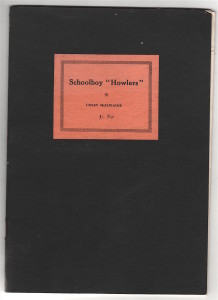
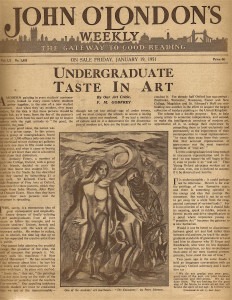
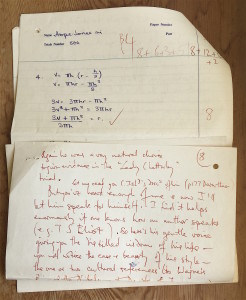 Found among the papers of the mathematician
Found among the papers of the mathematician